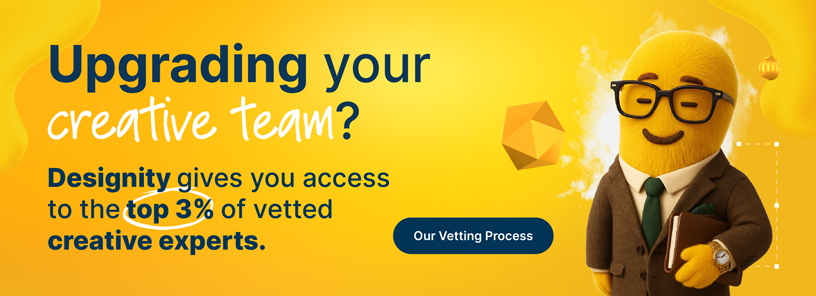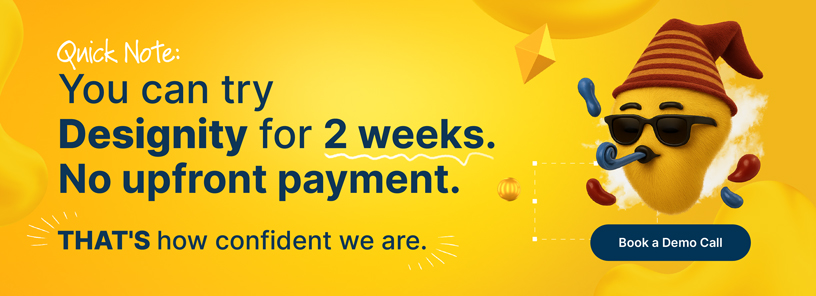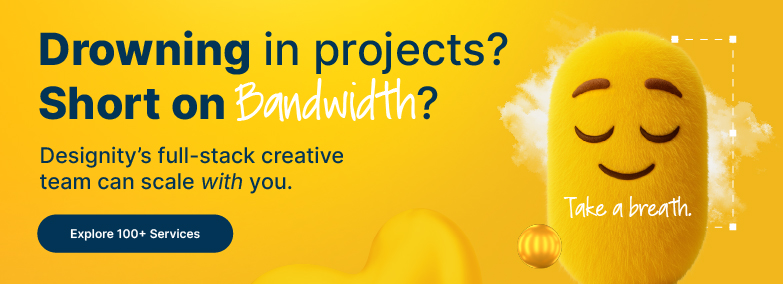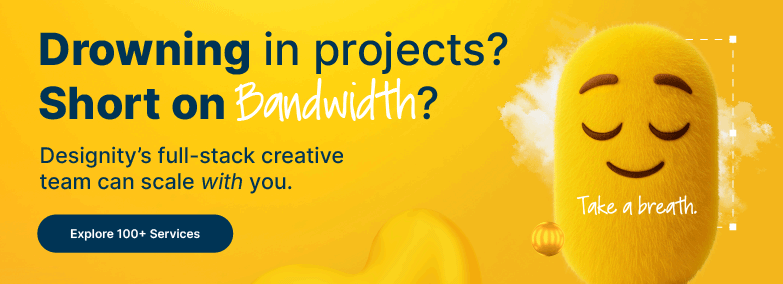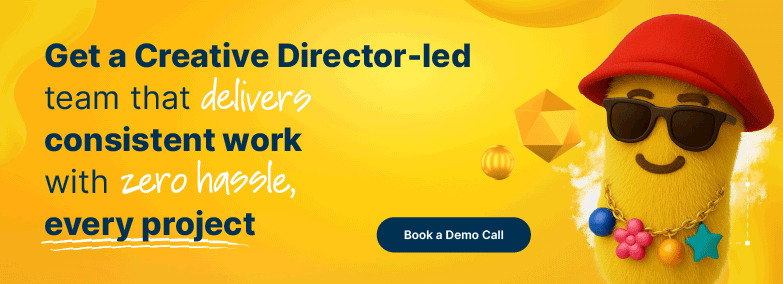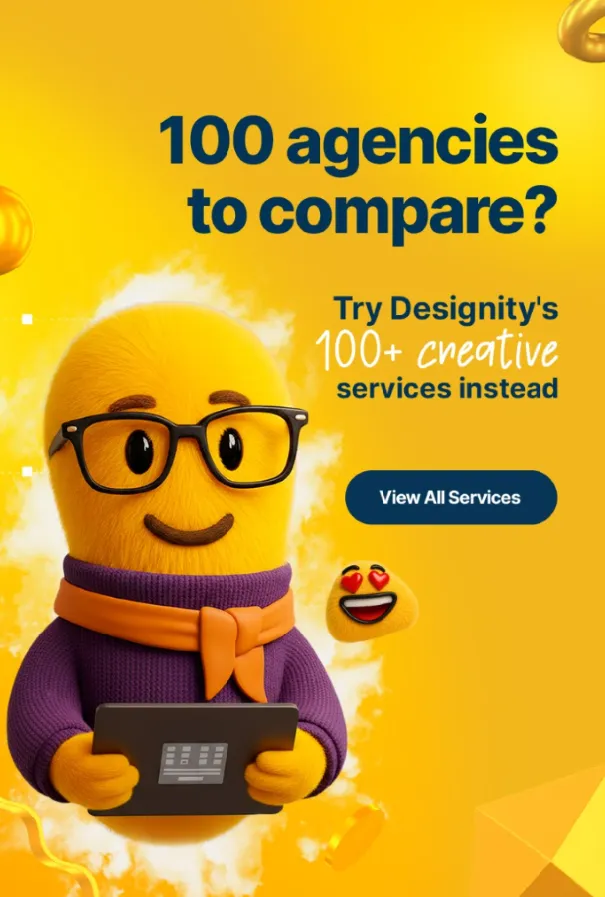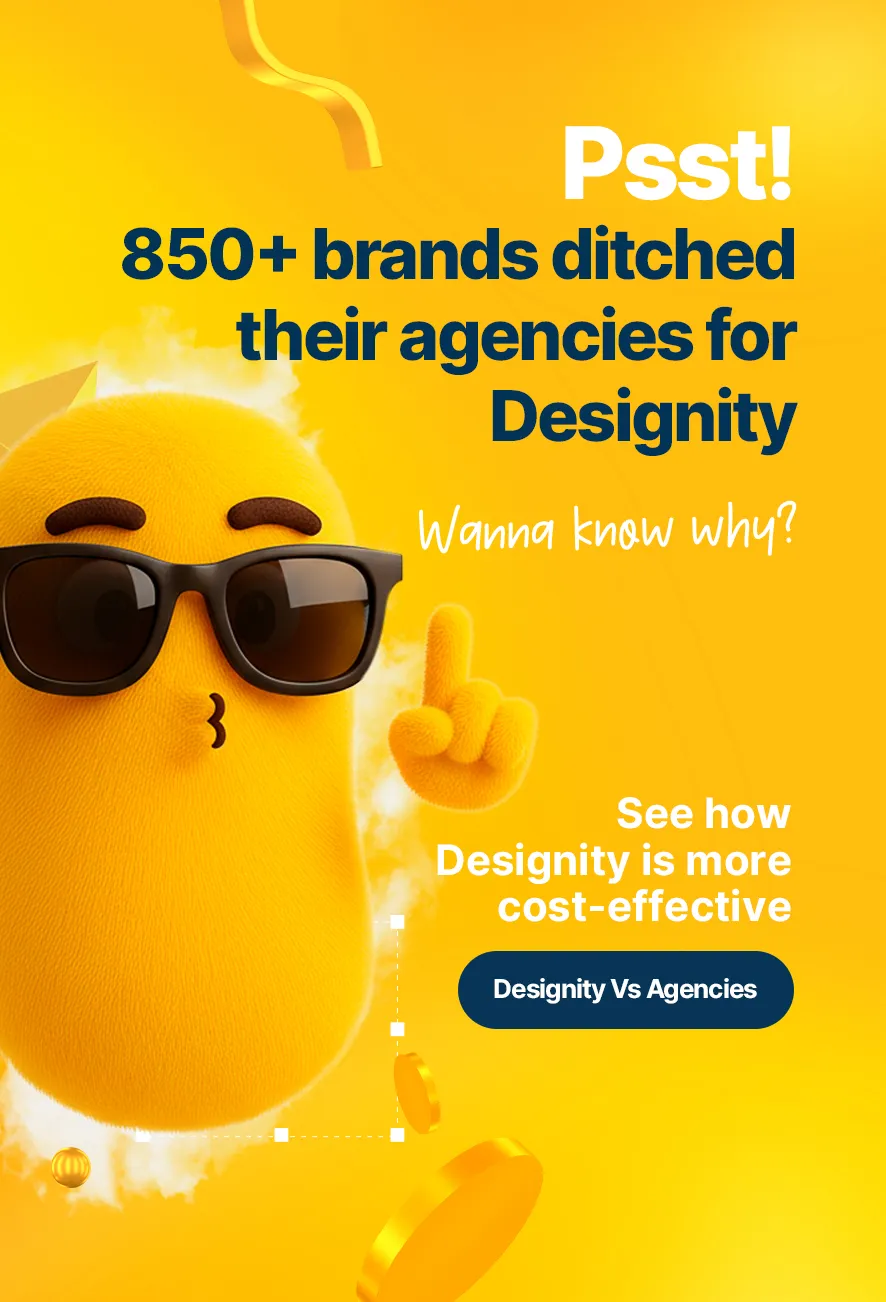When oil was first discovered, people didn’t think about its use cases, and only some got rich by figuring out how to use it. If you look back at the past 20 years, you’ll see that those who adopt trends early are the ones who tend to benefit the most. While it’s not a perfect game every time, you’ve seen this with early adopters like Bill Gates and Microsoft, or Jeff Bezos and Amazon at the birth of eCommerce.
We’re still in the early days of blockchain technology, but like with any other trend, this early adoption period doesn’t last forever. The good news is that success has already been generated in this space, meaning you too can benefit if you shorten the learning curve.
For starters, blockchain applications go far beyond trading cryptocurrencies. With the ability to create more transparency, it’s no wonder so many companies are using it in their day-to-day operations. With 2022 here and blockchain on the rise, it’s important to stay abreast of the latest adoptions and see how you too can leverage blockchain technology.
1. Integrate Utility NFTs as Solutions
With blockchain as the foundation of NFTs, expect the technology to gain more traction this year. NFTs aren’t only a medium leveraged by creatives, but can be an extension of business too–beyond just being collectibles with no use case. Whether it’s just capitalizing on digital assets for funding or using them as solutions to real problems, NFTs offer much more than making passive income–like Gary Vaynerchuk generating $90 million in sales within 90 days.
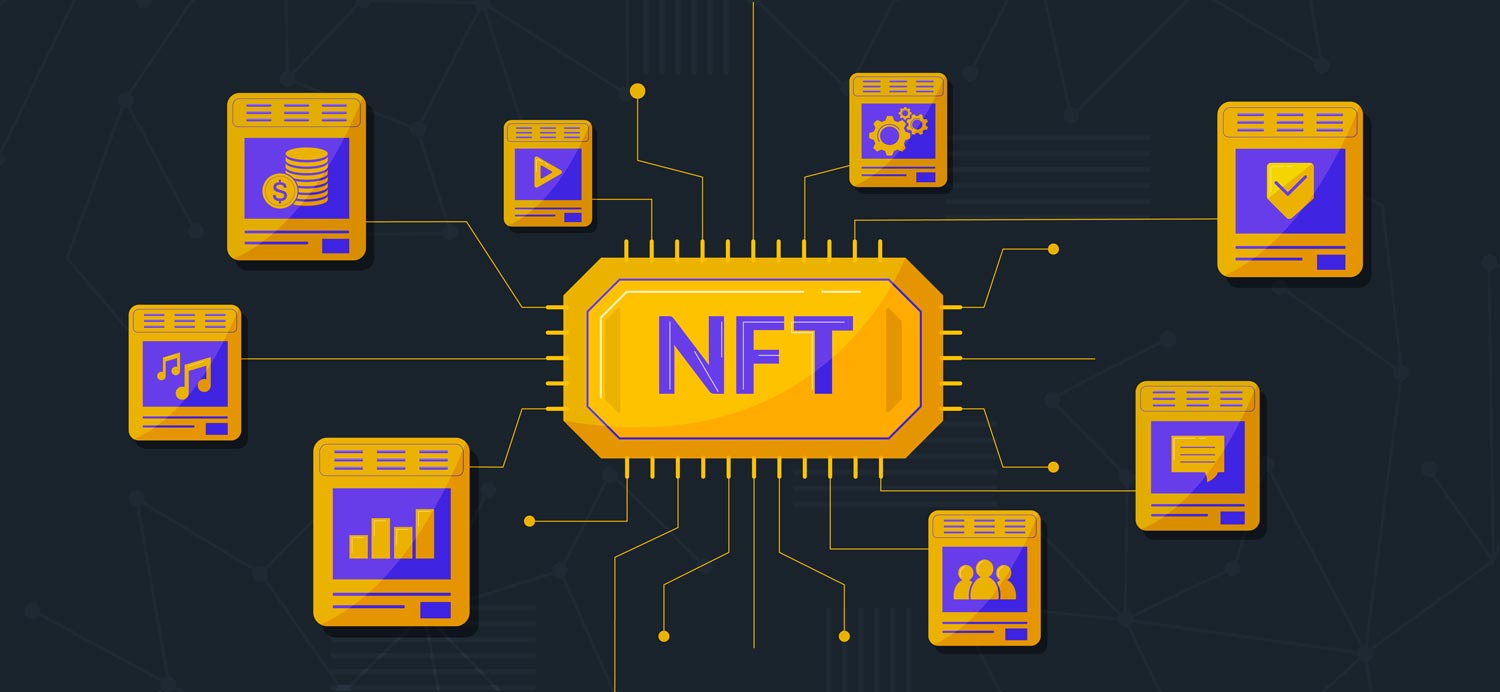
Regardless of their purpose, NFTs are versatile enough to suit all types of businesses and industries. Leveraging NFTs in more ways than one has been proven to be financially beneficial in 2021, and that won’t see an end in 2022. That’s exactly why you see gaming platforms like Roblox integrating digital goods into their in-gaming store.
Gaming isn’t the only sector leveraging the technology. Live Nation recently launched Live Stubs, a company set to distribute NFTs as tickets or collectibles of real live events. After all, NFTs are just as unique as tickets–offering a secure, one-off method to attending and remembering events. Better yet, they’re not only useful in exclusive use cases, but they can also aid in worldwide initiatives as well.
Backed by Warren Buffet’s granddaughter, Ocean Drop is an NFT project whose profits are contributed to ocean conservation efforts. So not only is the medium a great advantage to rally up fans, but an even better advantage to sustainability causes who rely on heavy funding.
2. Secure Your Agreements with Smart Contracts
Every business uses contracts, but not every business has good experiences with them. Whether they’re unfulfilled or not met as promised, blockchains offer the ability to secure contracts end-to-end to create what are called, smart contracts. When using the technology, contracts are simply programs that become stored on a blockchain that only runs when predetermined conditions are met.
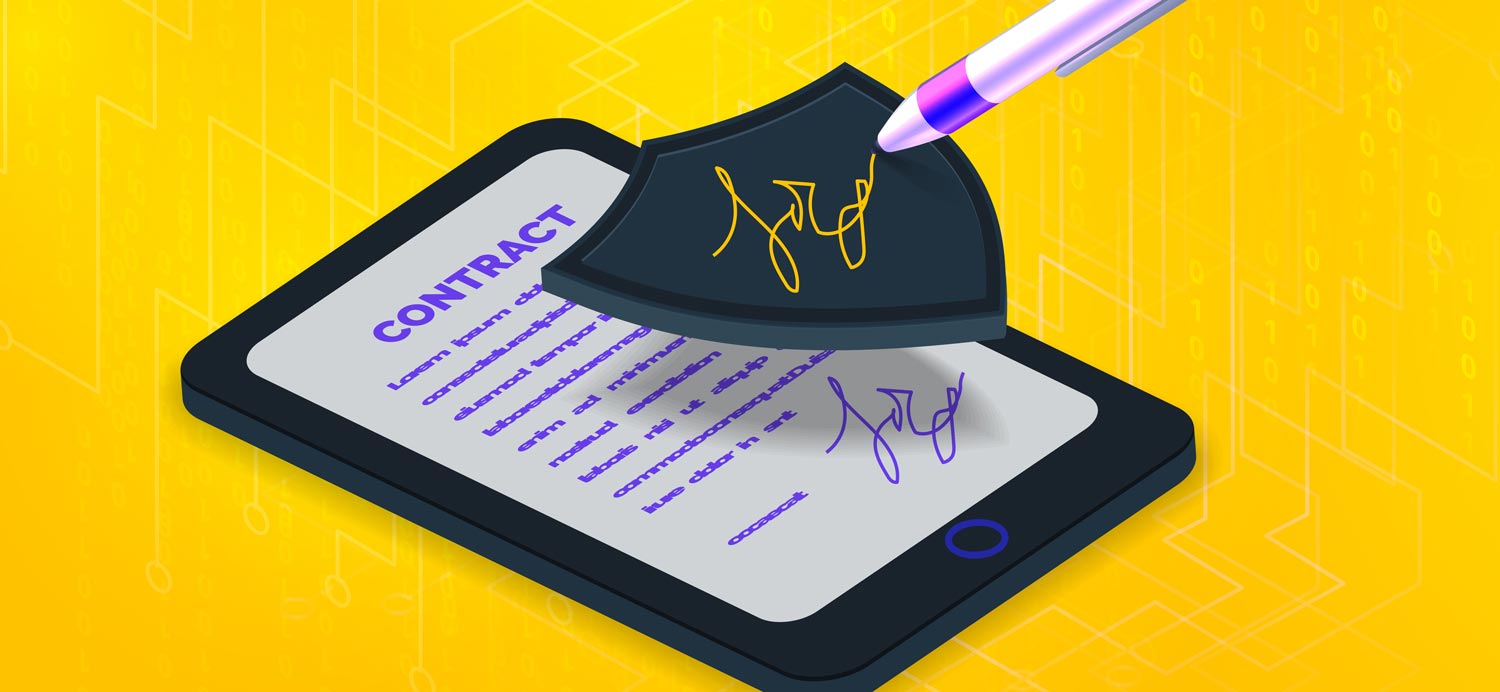
Rather than keeping tabs on whether or not your agreements are met, blockchain monitors and allows the execution of agreements so that all participants can immediately be certain of the outcome–without any involvement or time lost. In simple terms, the terms of a smart contract are secure and set by both parties.
A great example is Home Depot, a company that deals with numerous vendors on a daily basis to keep up with its stock. They now use smart contracts to quickly resolve disputes with vendors, where otherwise, it might’ve been much more of a hassle to solve common supply chain disturbances. And because smart contracts are always accurate and error-free, they can rely on them as a "trustless" method of doing safe business.
3. Transparently Manage Your Supply Chain
Regardless of what business you're in, knowing the status, condition, and provenance of every product in your supply chain is important. For consumers, provenance is becoming an increasingly important issue. Luckily, the nature of blockchain technology can help ease the minds of consumers.

While seemingly unnecessary, most businesses have no clue where their own products originate from unless they manufacture the products themselves. With transparency and authenticity at the forefront of 2022, it’s important that supply chains are secure and transparent end-to-end.
Better yet, the tracking that takes place using blockchain technology is all in real-time, leaving time and location stamps for all data inputs entered into the chain. Whether for manufacturing and stocking up with suppliers, or selling to consumers–blockchain technology offers a secure, transparent way of transporting goods and the data along with it.
Both DeBeers and Walmart are examples of companies using blockchain to track their goods. Consumers can verify that their purchases are free from conflict. Not only does this help solve common threatening outbreaks in the food industry, but can also help verify the legitimacy of luxury goods like DeBeers’s diamonds.
4. Extend Your Transaction Options
Every business has transactions–domestically, internationally, or both. Arguably the most logical use for blockchain is a means to expedite the transfer of funds to employees or customers. With banks removed from the equation and transactions being validated 24/7, most transactions processed via blockchain can be settled within a matter of seconds. Regardless of what industry you’re in, who wouldn’t want faster, more secure payments?
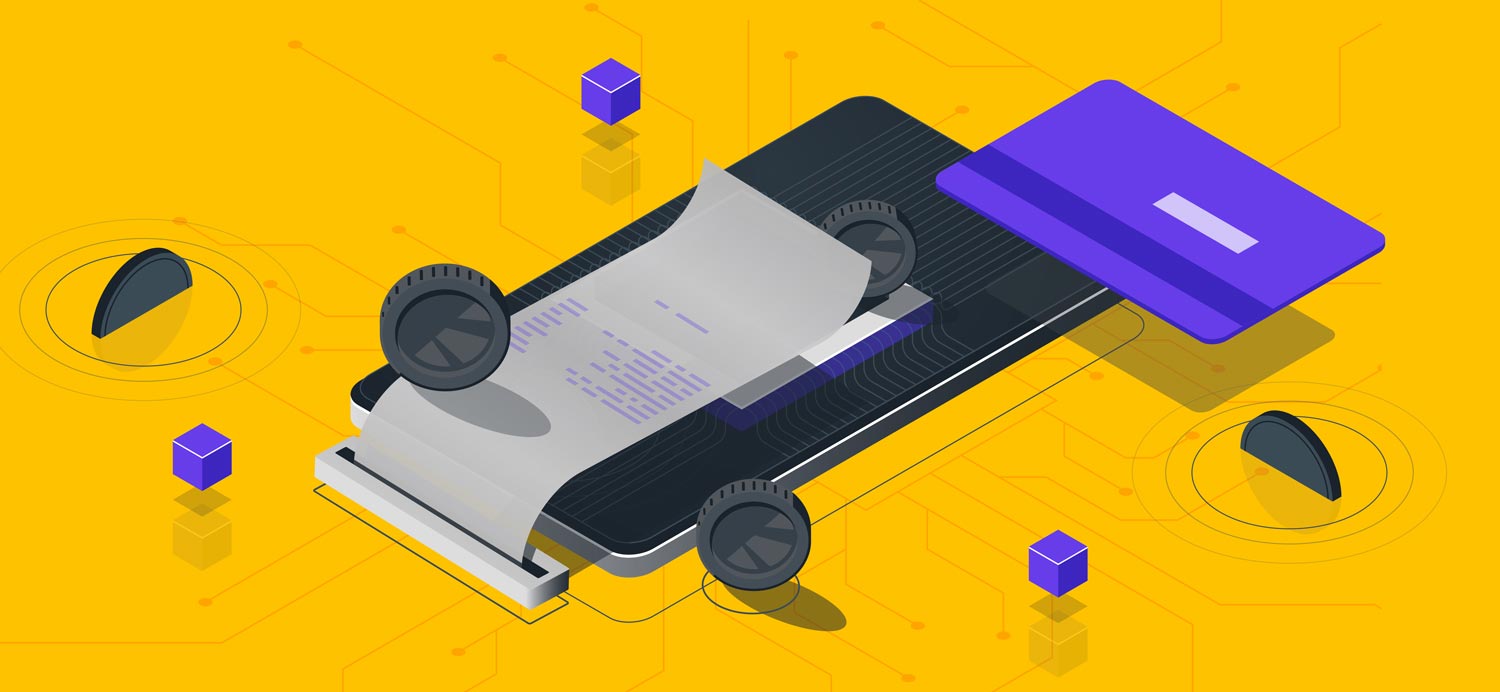
Better yet, the option to accept bitcoin as a form of payment is being widely accepted and adopted by many companies. With more people stocking up on Bitcoin and other cryptocurrencies, consumers have the coins to make these transactions.
This is particularly seen with innovative company, Microsoft, who made the decision to accept Bitcoin in 2014 for numerous transactions. Where crypto used to be a method of passive income, it’s now being accepted as the standard dollar. While it’s more common to see this in the tech space like gaming, other industries have followed their lead as well.
AT&T is the first mobile phone provider to offer customers a crypto payment option via BitPay–meaning that everyday use cases like managing your phone plan can also leverage blockchain technology. Where there’s an opportunity, there’s a way, and smart transactions are surely a viable wave of the future.
5. Fuel Your Voting Sessions
No matter if it’s the presidential election or a company-wide voting session, every vote counts. Using blockchain technology to conduct decentralized voting ensures that everyone gets a vote and that there's no voter fraud. This is all done using tokens. Like cryptocurrency, there's only one of each, meaning every voter gets only one token to vote with. Think of the concept as holding physical ballots, only in this case, there are no ballots–there are tokens instead.
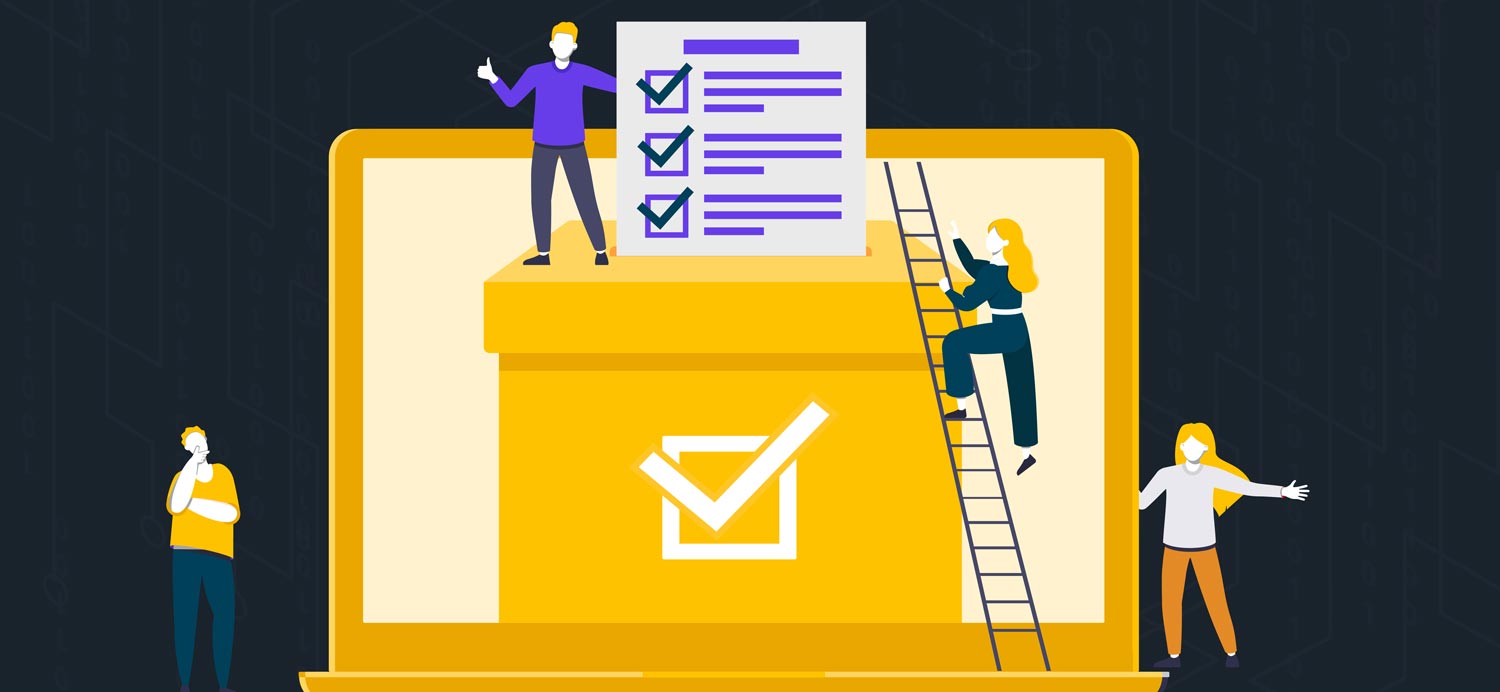
But why bother if there are other ways to vote securely? While yes, there are many ways to conduct transparent voting, but it being decentralized is what makes the difference. Decentralized voting means that everything is ultimately anonymous. While every token does have a number, it’s nearly impossible to trace back a vote to a voter. All that matters is that the time, date, and vote are visible to the receiver.
While there isn’t a right or wrong way to use it, this option can be incredibly useful to high-level stakeholder voting or other instances where security is needed. Companies have yet to disclose whether or not they utilize this new blockchain-backed voting system, but Aragon is a great example of where companies can start.
The company launched Vocdoni, a platform that allows companies to make decentralized decisions. Having platforms available like this can not only help more organizations introduce new technologies but overall can help them make secure company-wide decisions that they can count on scaling with.
“First, they’ll call you silly, then, they’ll call you lucky. Never lose sight of your vision as success comes with time.” – Shahrouz Varshabi, Founder & CEO of Designity
It’s no surprise why blockchain isn’t everyone’s cup of tea. Like most technology advances, it takes some bravery to start something new. But like many great and successful ideas, it’s the early adoption period that counts the most. Being one of the first pays off, but knowing where to start is key. Hopefully, now you have what you need to make the most to follow in the footsteps of these blockchain pioneers.
{{cta}}




